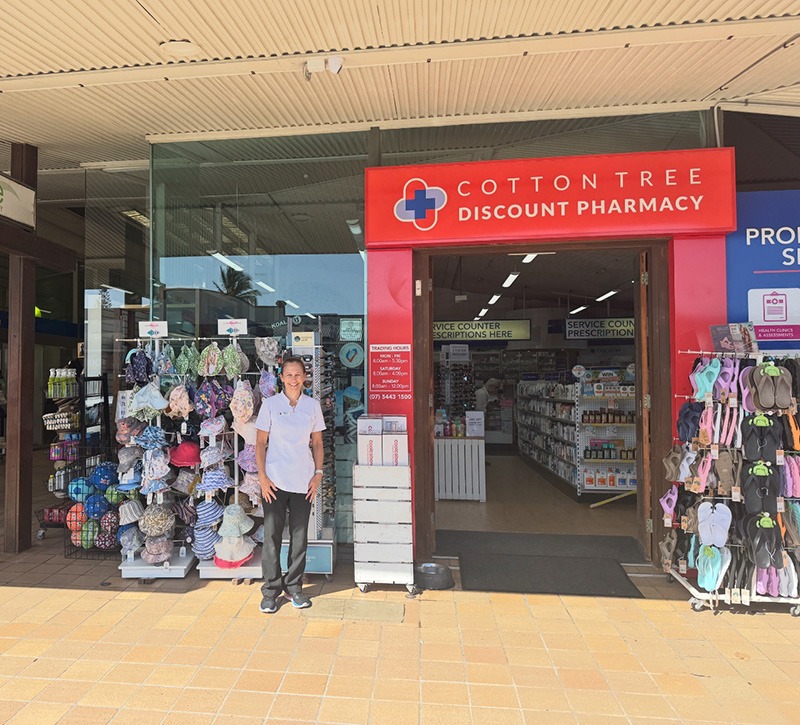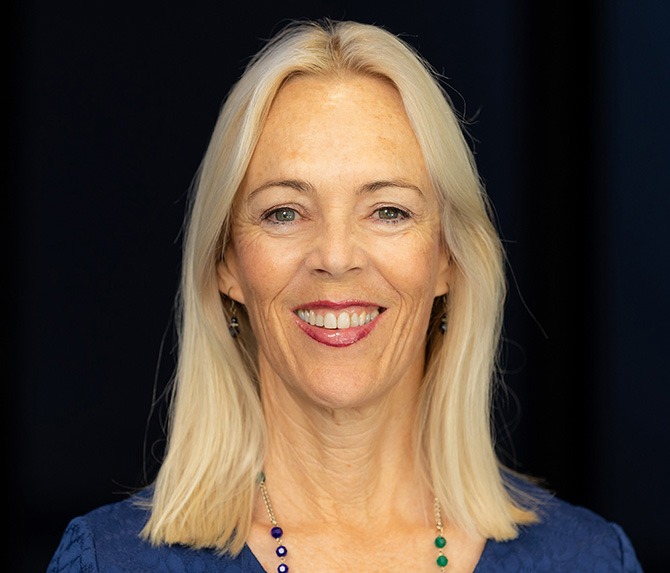Last month, I had the pleasure of meeting many of you at our annual PSA22 flagship conference in Sydney, where we also launched our Medicine safety: disability care report, the fifth in our series of Medicine Safety reports.
Approximately 4.4 million Australians are living with a disability, many requiring complex medical care. Safety problems with medicines are very common, and mainly relate to timely access to health professionals, inappropriate prescribing, difficulty in taking medicines, and inadequate access to medicine management review services.
Overuse of chemical restraint is a significant problem – 74% of people with intellectual disability in a residential facility have been chemically restrained for more than 5 years.
In 2020, the NSW Poisons Information Centre received 11,197 calls from disability service providers about medicine safety issues, many of which could have easily been resolved by better access to pharmacist care.
Medicine safety problems often go unreported for those living independently, with family in-home or residential care, meaning that reported data is only the tip of the iceberg!
The PSA has been working hard to bring medicine safety to the forefront of conversations on disability care – as we have done with aged care over the past 18 months.
There is a clear and pressing role for pharmacists to be engaged in medicine safety for people with disability. Pharmacists must be recognised as an essential service provider for people with special medicine needs and should be embedded everywhere that medicines are used.
A greater focus on medicine safety is needed to help address the health and life expectancy gap for people with disability. This Medicine Safety report into disability care offers four core recommendations that will ensure Australians with a disability get the best care possible.
Pharmacists are the key, and we look forward to working with state, territory and federal governments, the disability sector, patients, and their families to improve the provision of care to Australians living with a disability.
The Medicine safety: disability care report is available on the PSA website – I encourage all members with an interesting disability care to have a read. The overuse of chemical constraint is a significant challenge that pharmacists and the wider health care profession must work together to address. We can all do better to support our patients who live with a disability.
DR FEI SIM FPS BPharm (Hons) PhD FHEA GAICD FPS: Follow Dr Fei Sim FPS on Twitter at @drfeisim and connect on LinkedIn via Dr Fei Sim.




 Deborah Williams at the Chemist Warehouse Australian Open pop-up pharmacy[/caption]
Deborah Williams at the Chemist Warehouse Australian Open pop-up pharmacy[/caption]


 Rebecca Davies[/caption]
Rebecca Davies[/caption]

 Professor Clare Collins[/caption]
Professor Clare Collins[/caption]
 Associate Professor Trevor Steward[/caption]
Associate Professor Trevor Steward[/caption]







